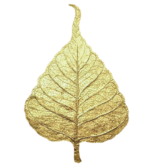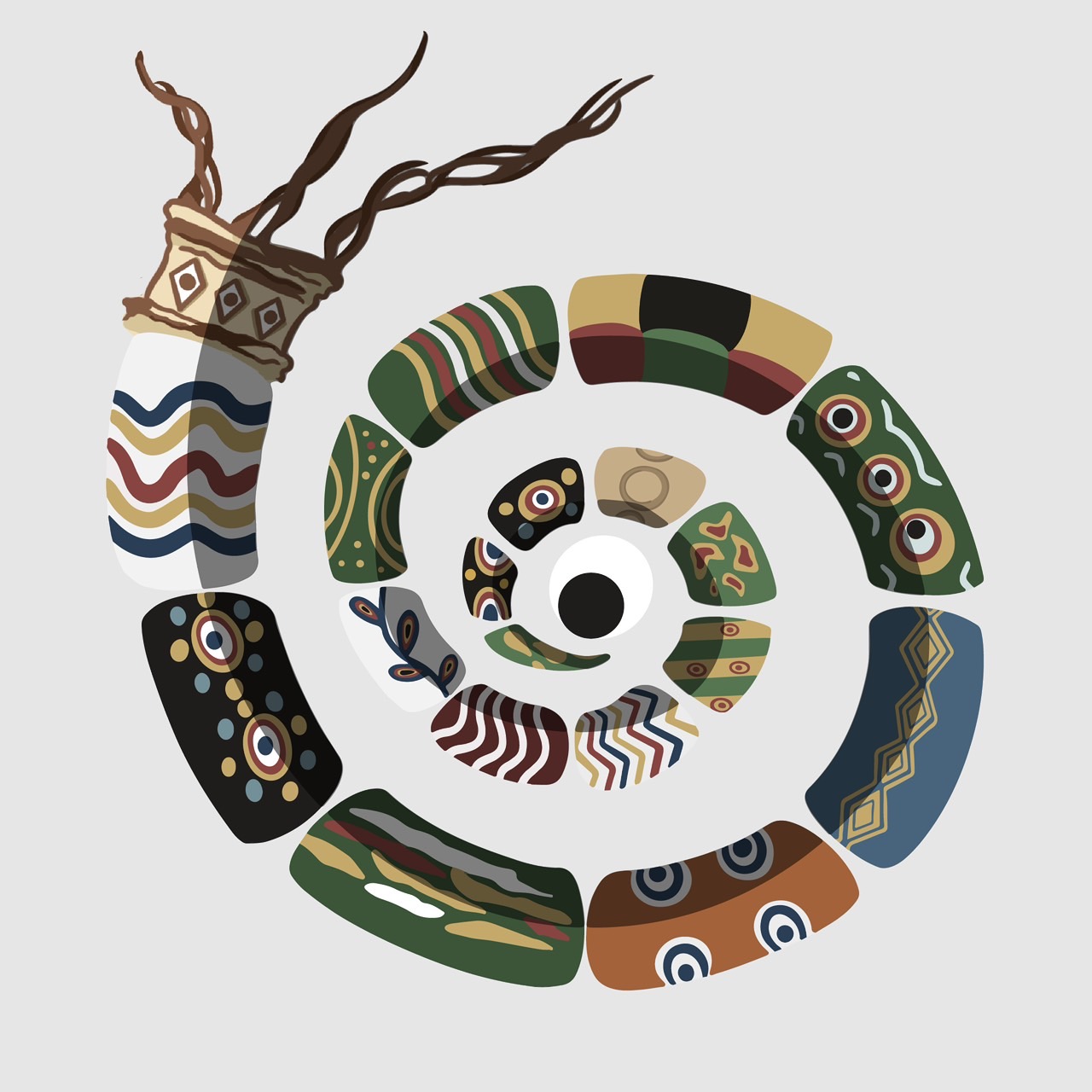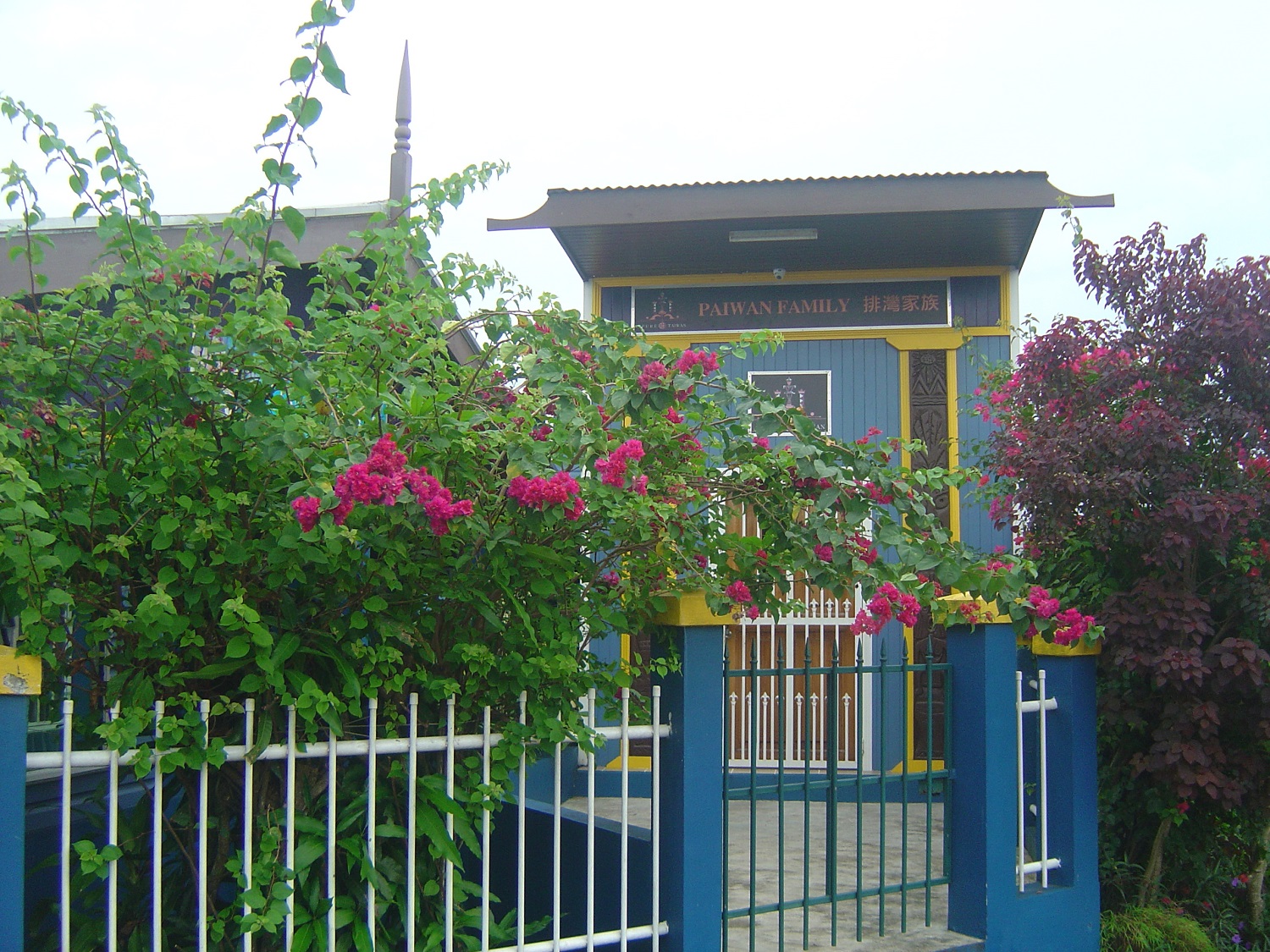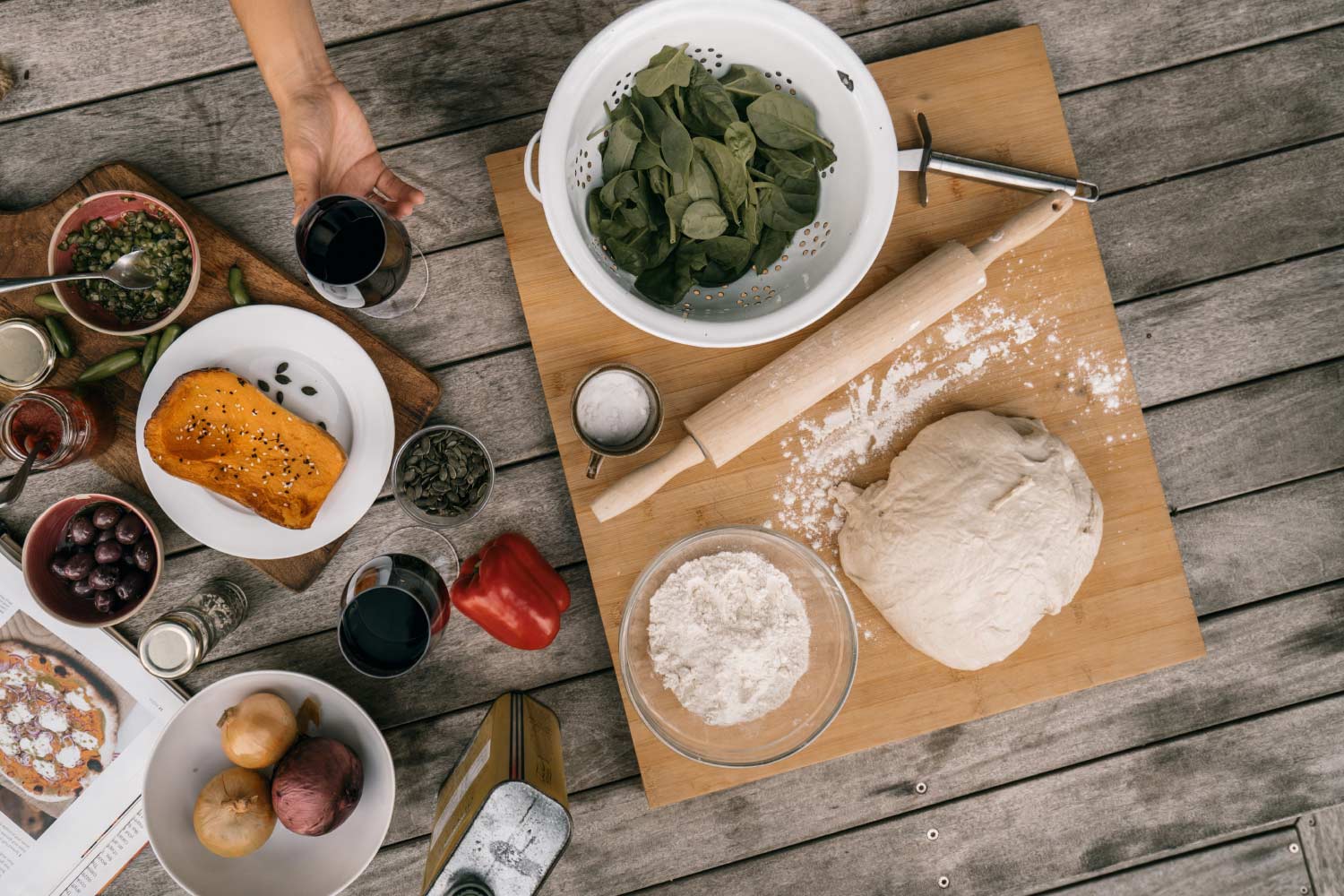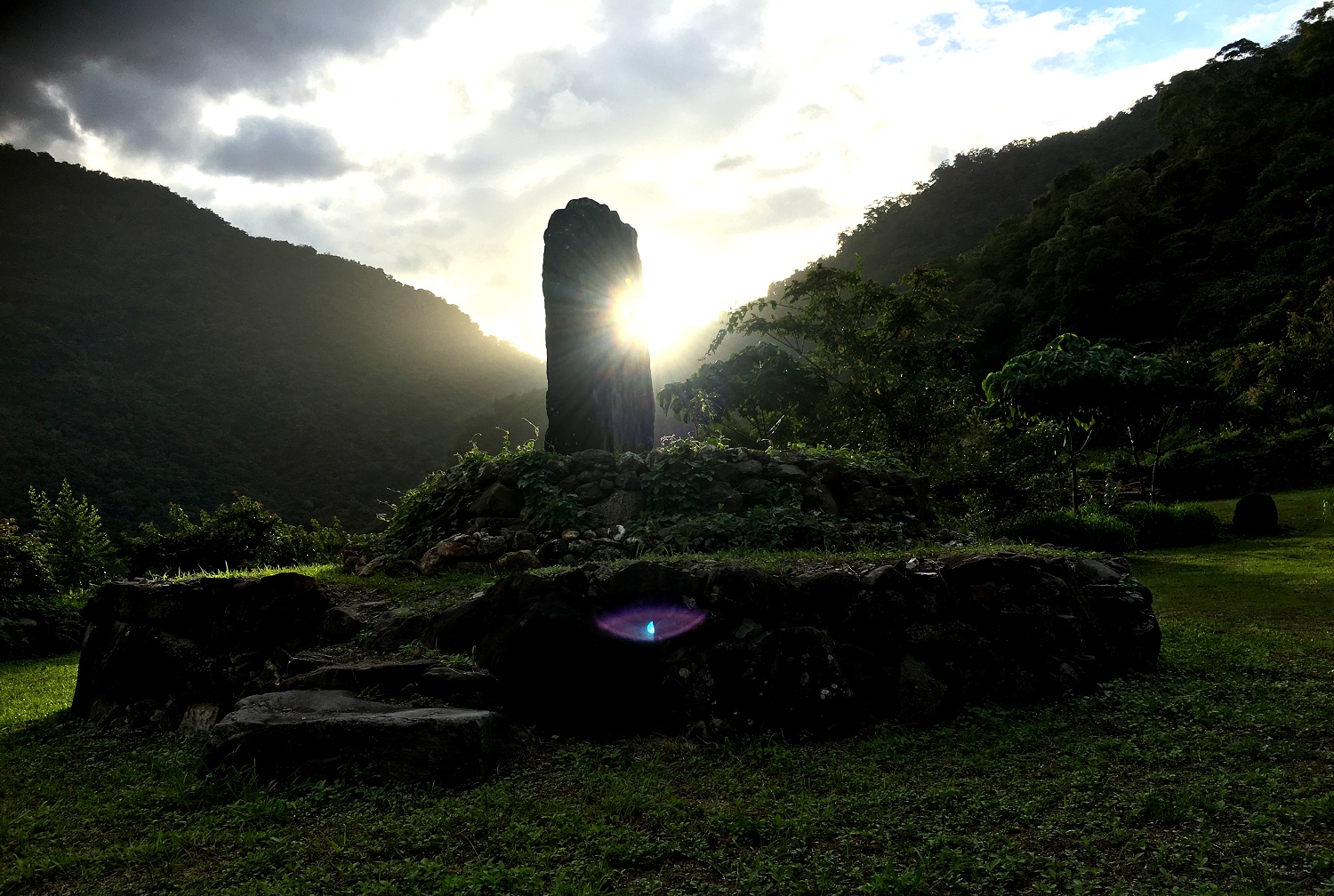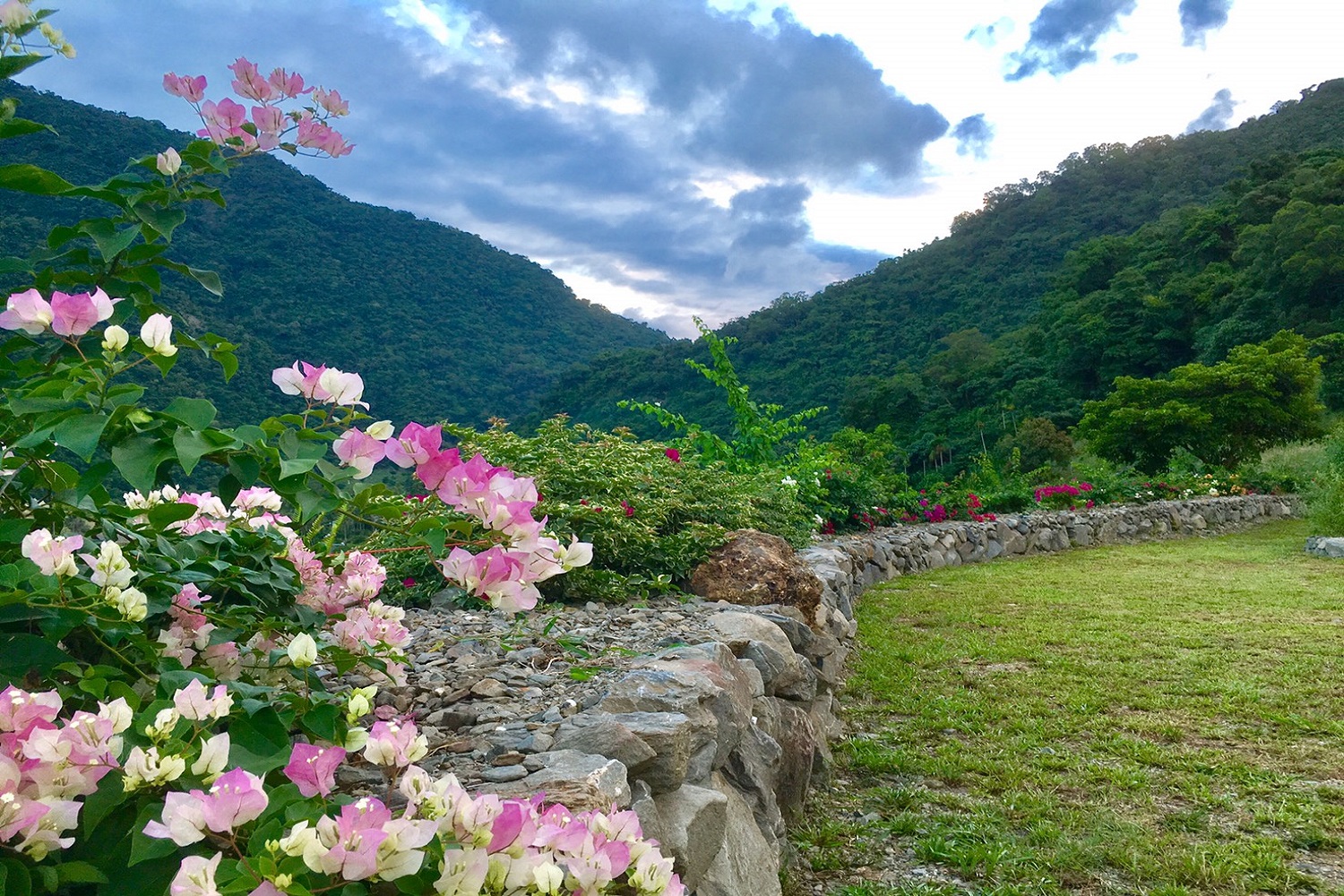信仰
排灣族人的宗教信仰,以tsemas 觀念最重要,tsemas 包含各種超自然存在的神與靈,像是自然界的山神、河流神,祖神、祖靈與鬼魂等,並存在於i pidi(神界)、i tjari vavau(上界)、i katsauan(人界)、i tjemakaziang(中界)、i makarizeng(冥界)、i tjarhi teku(下界)等幾個不同領域。
各界的tsemas 也蘊含道德上的善、惡之分,善神(靈)可以保護每個人平安,也帶來幸福、財富與好運;惡神(靈)則危害人類,為人帶來災禍與不幸。 tsemas 中與人最為親密的泛稱為vuvu(祖先),祖先是活在死後世界的親人,因此日常生活中聚會喝酒前,族人會以右手食指沾酒彈向家屋內或家屋前的地上,獻給祖先享用。每個傳統家屋內,也都設有獻祭祖先的祭壇。排灣族人為了與tsemas 中的善神(靈)、惡神(靈)以及祖先溝通,生活中有專業的巫師(malata)、祭司(palakalai),來協助舉行各項儀式,或者與神明和靈魂溝通。排灣族歲時祭儀中以小米收穫祭最為重要,另外則是布曹爾群每五年為周期舉行一次的盛大祭典。祭儀中有祭司和巫師掌理各項儀式,祭司主持儀式,巫師則能和神靈與祖先直接溝通,是祭典儀式中的核心人物。
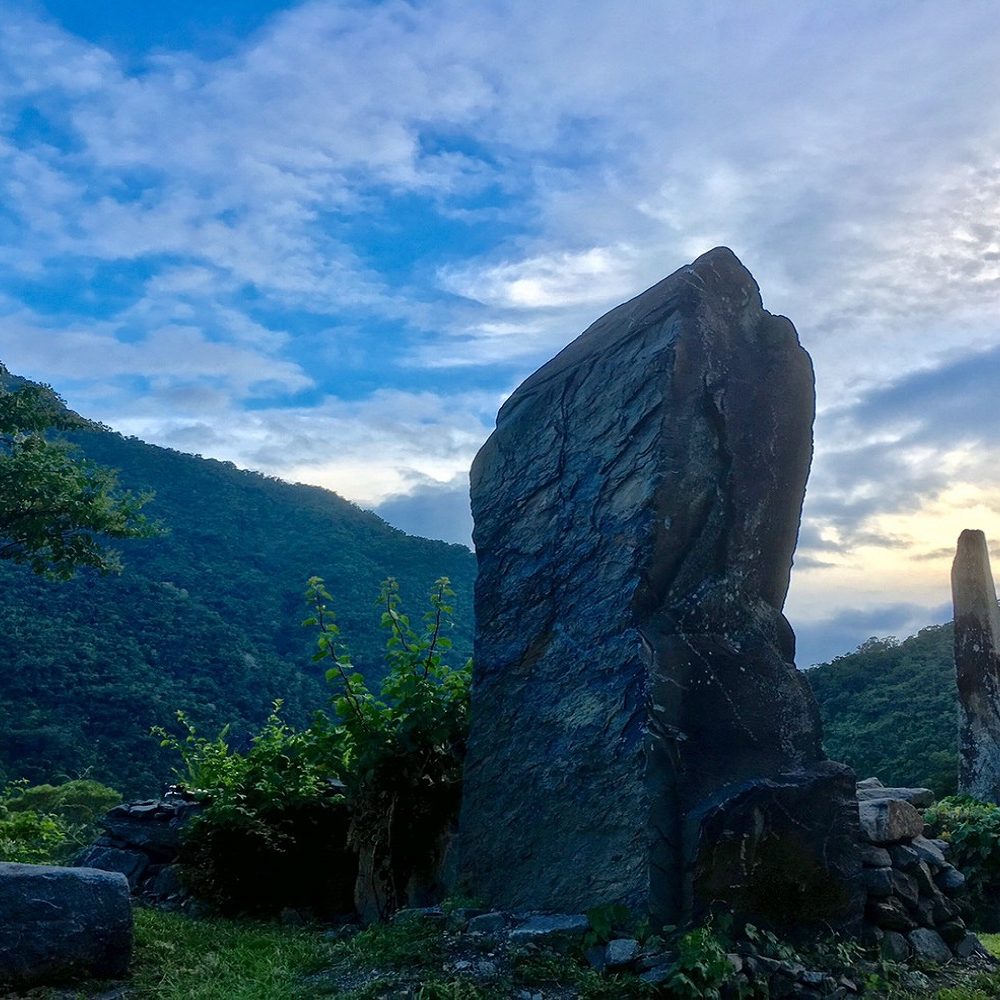
LEGEND
Supernaturalism (tsemas) is essential to the Paiwan religion. It includes various supernatural beings, such as the mountain god, river god, ancestral god, ancestral spirit, and ghosts. These beings exist in the divine world (i pidi), the upper world (i tjari vavau), the human world (i katsauan), the intermedia world (i tjemakaziang), the underworld (i makarizeng), and the lower world (i tjarhi teku).
Good and evil also exist in supernatural beings in different worlds. Good gods/spirits keep people safe and bring happiness, fortune, and good luck; while evil gods/spirits harm people and bring disasters and misfortune. Of all supernatural beings, the ancestor (vuvu) is the closest to the hearts of the people. As ancestors are deceased relatives living in the afterworld, the Paiwan flick wine with the right index finger toward the house or the ground in front of the family house to offer it to ancestors before drinking it. Every traditional Paiwan home has an ancestral altar. The Paiwan hire shamans (malata) or priests (palakalai) to hold various rituals or communicate with good gods/spirits, evil gods/spirits, and ancestors among the supernatural beings (tsemas). The Millet Harvest Thanksgiving Festival is among the most important Paiwan annual rituals. During the ceremony, the priest and the shaman preside over different rituals. The priest is the master of the ritual, while the shaman plays the key role of the ritual making direct communication with the deity and spirit.
